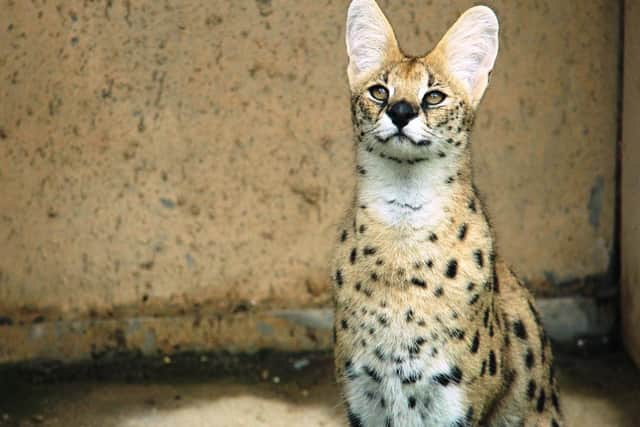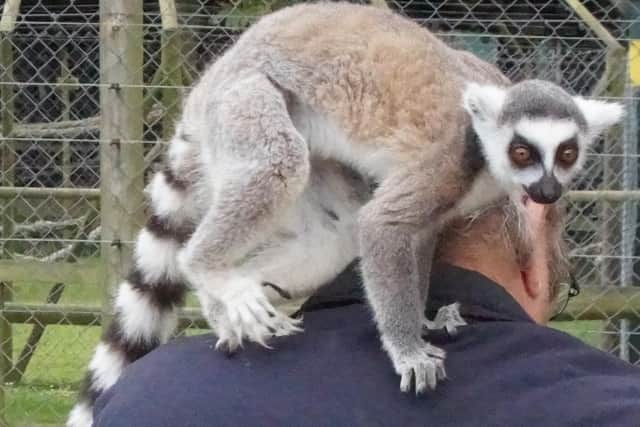Exotic pets on the rise in Central Bedfordshire – are you living next door to some of the world’s deadliest creatures?
and live on Freeview channel 276
A new survey conducted by Born Free has revealed that nearly 4,000 dangerous wild animals are being privately kept in Great Britain – 95 of which are living in Central Bedfordshire.
The international wildlife charity is calling on the UK Government to immediately review the law and put a stop to some of the world’s most remarkable, but often deadly, creatures being kept as ‘pets’ in unsuitable captive conditions.
Advertisement
Hide AdAdvertisement
Hide AdBorn Free’s research reviewed the number of Dangerous Wild Animal (DWA) Act licences granted by local authorities in 2020 across England, Scotland and Wales, and the variety of species being privately kept.


Central Bedfordshire Council revealed the licences granted cover 95 dangerous wild animals residing in the area, of which there are at least:
American Alligator: 2
Cuvier's Dwarf Caiman: 2
Gila Monster: 1


Ring Tailed Lemur: 2
Savannah Cat: 1
Serval: 1
Venomous Snake: 86
Interestingly, there were no dangerous wild animals being kept privately in Bedford.
However, the entire combined data across all authorities highlighted that a total of 210 DWA licences were granted for the keeping of 3,951 individual wild animals including:
Advertisement
Hide AdAdvertisement
Hide Ad320 wild cats (including 61 big cats – 11 lions, 8 tigers, 11 leopards, 18 pumas, 10 cheetahs, 2 ligers and 1 jaguar)
274 primates (including over 150 lemurs)
158 crocodilians
508 venomous snakes (including 57 diamondback rattlesnakes)
332 scorpions
106 venomous lizards
2 elephants
Other species on the DWA list that are being kept as pets or in private collections in the UK include zebras, camels, fossa (a kind of civet), hyaena, sun bears, wolves, and otters.
Dr Mark Jones, Veterinarian and Born Free’s Head of Policy, states: “Born Free has been collating and analysing DWA data for over 20 years.
"Since the millennium the wild animal welfare and conservation charity has seen a dramatic increase in the number of exotic pets in private ownership, including a 94 per cent increase in the number of venomous snakes, 57 per cent increase in wild cats, 198 per cent increase in crocodilians and over a 2,000 per cent increase in scorpions.
Advertisement
Hide AdAdvertisement
Hide Ad"However, these figures are likely to represent only the tip of the iceberg. They only record those animals being kept and registered with a DWA licence. Born Free believes that many additional dangerous wild animals are being kept without a licence.”
Currently, under the Dangerous Wild Animals Act 1976, anyone in Britain can keep a dangerous wild animal as long as they obtain a licence from their Local Authority.
The licencing process requires the applicant to demonstrate that their animals are properly contained so as to prevent escape and protect the public, but this does little to ensure the welfare of the animals or the protection of the owner or anyone else visiting the property.